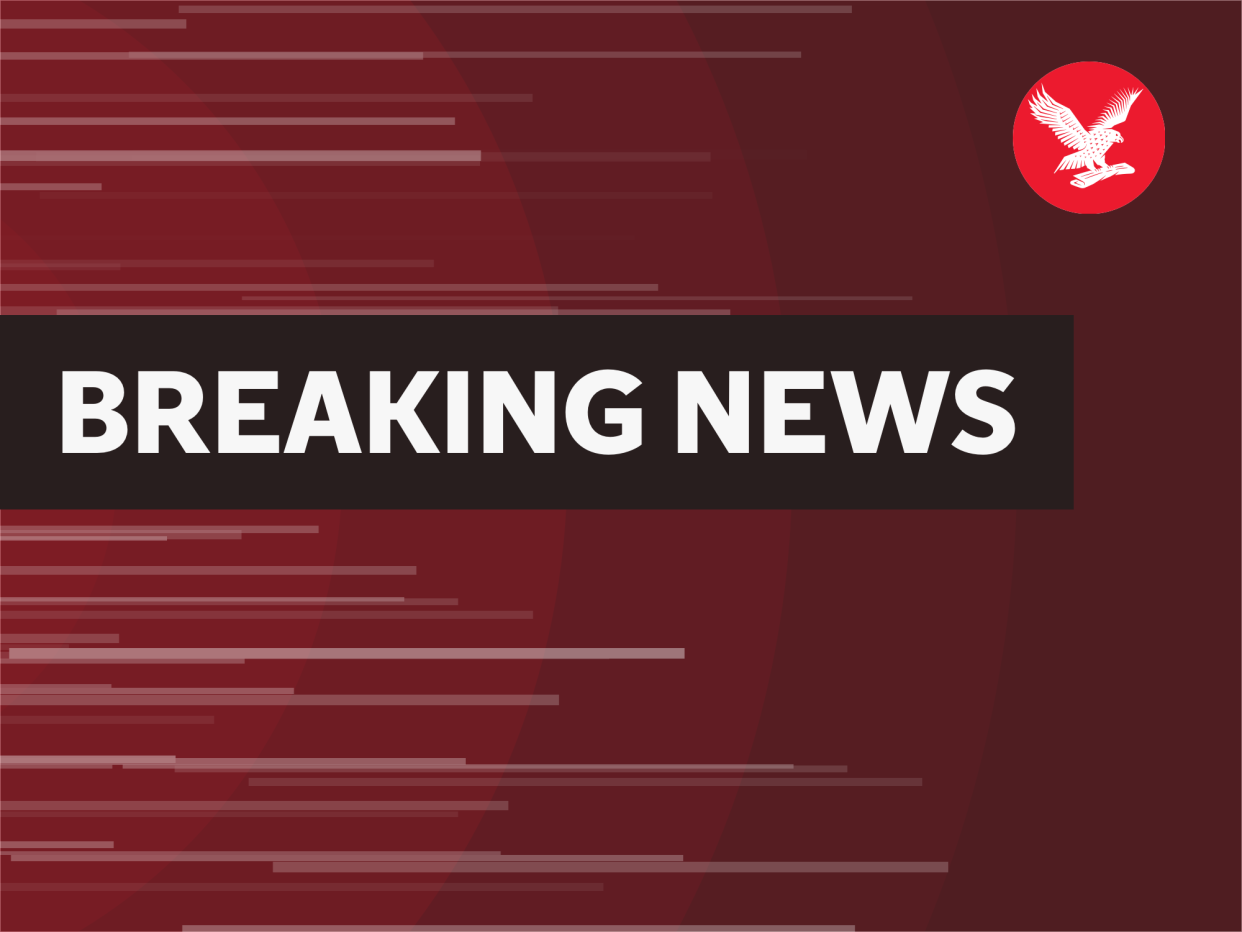Dominic Cummings might have broken lockdown law by driving to Barnard Castle, Durham Police conclude

Dominic Cummings might have broken coronavirus laws by taking a trip to Barnard Castle with his family, police have said.
Durham Constabulary said it would not be taking any further action against the prime minister’s chief adviser.
An investigation concluded that the journey on Easter Sunday would have warranted police intervention as a potential breach of the Health Protection Regulations, which enforce the lockdown.
Police found that Mr Cummings did not break the law with his initial 260-mile journey from London to his parents’ farm in County Durham.
Critics have argued that he breached separate guidance - which is not legally enforceable - from the government and NHS telling families to isolate together in their primary residence if anyone develops symptoms.
At the time of the journey, at the end of March, Mr Cummings’ wife had symptoms of coronavirus and he fell ill days later.
The adviser said he travelled to County Durham to isolate near relatives who could provide food and childcare if needed.
He claimed that the trip to Barnard Castle on 12 April was made to test his eyesight, rather than for leisure or sightseeing purposes, before the family returned to London.
At a press conference, Mr Cummings said he sat by the river to recover from a brief bout of sickness and was seen with his wife and son in a nearby wood because they had stopped the car to allow the young child to relieve himself.
Mr Cummings also went to work in Westminster while his wife was ill and visited a hospital to pick up his son after developing Covid-19 symptoms.
Fines for breaching coronavirus laws are handed out on the spot by police, and Mr Cummings was not stopped during his journeys in County Durham.
A local officer spoke to his father on 1 April, who confirmed that Mr Cummings, his wife and son were self-isolating with coronavirus symptoms.
Durham Constabulary said the officer “gave no specific advice on coronavirus to any members of the family and that Durham Constabulary deemed that no further action was required in that regard”.
“Our officer did, however, provide the family with advice on security issues,” a statement added.
The force has previously fined at least two people who travelled to the county from London.
A Freedom of Information (FoI) by the BBC showed the pair journeyed from the capital to Peterlee about a week after Mr Cummings, on 8 April.
The two people travelled together but were from different households, which was against the rules at the time.
The FoI data only covered the first two-and-a-half weeks after the regulations came into force on 27 March.
Police across England and Wales issued around 3,200 fines in that period, but the total has now risen to more than 14,000.
Durham Constabulary had handed out 137 fines in total by 11 May, provisional figures show.
Calculations by The Independent show the force was issuing them at an average rate when compared to other areas by population size.
Both the government and police have refused to review fines handed out under coronavirus laws because of Mr Cummings’ trip.
“We have no plans to conduct a review of fines issued so far,” a spokesperson for the National Police Chiefs’ Council on Wednesday.
“The legislation includes a non-exhaustive list of reasonable excuses for leaving home. “Policing’s approach has been to engage, explain, encourage and only enforce as a last resort. That position has been promoted consistently since the introduction of the restrictions.
“If anyone believes they have been issued a fine in error – for any reason - they can challenge it at court.”
The Health Protection Regulations make it illegal to leave home or be outside “without reasonable excuse”.
But the law lists several exceptions including “to access critical public services, including childcare or educational facilities”.
Human rights organisations had previously called for a wider review of fines, raising concerns that “a significant number of fixed penalty notices have been wrongly issued”.
A lawyer previously told The Independent that most people will have paid the fines because there is no route of appeal other than refusing to pay and risking prosecution.
While restrictions were relaxed in England on 13 May, the default fine was increased from £60 to £100.
The same changes were not made in Scotland, Wales and Northern Ireland, sparking further confusion over the extent of the law.
Read more
Seven charts that show the true scale of the UK coronavirus outbreak
‘They can blame it for everything’: What coronavirus means for Brexit
The Americans who think that coronavirus is a hoax
Do you need a face mask and where can you buy one?
UK lockdown: Can I see my family and friends under new rules?

 Yahoo News
Yahoo News 
